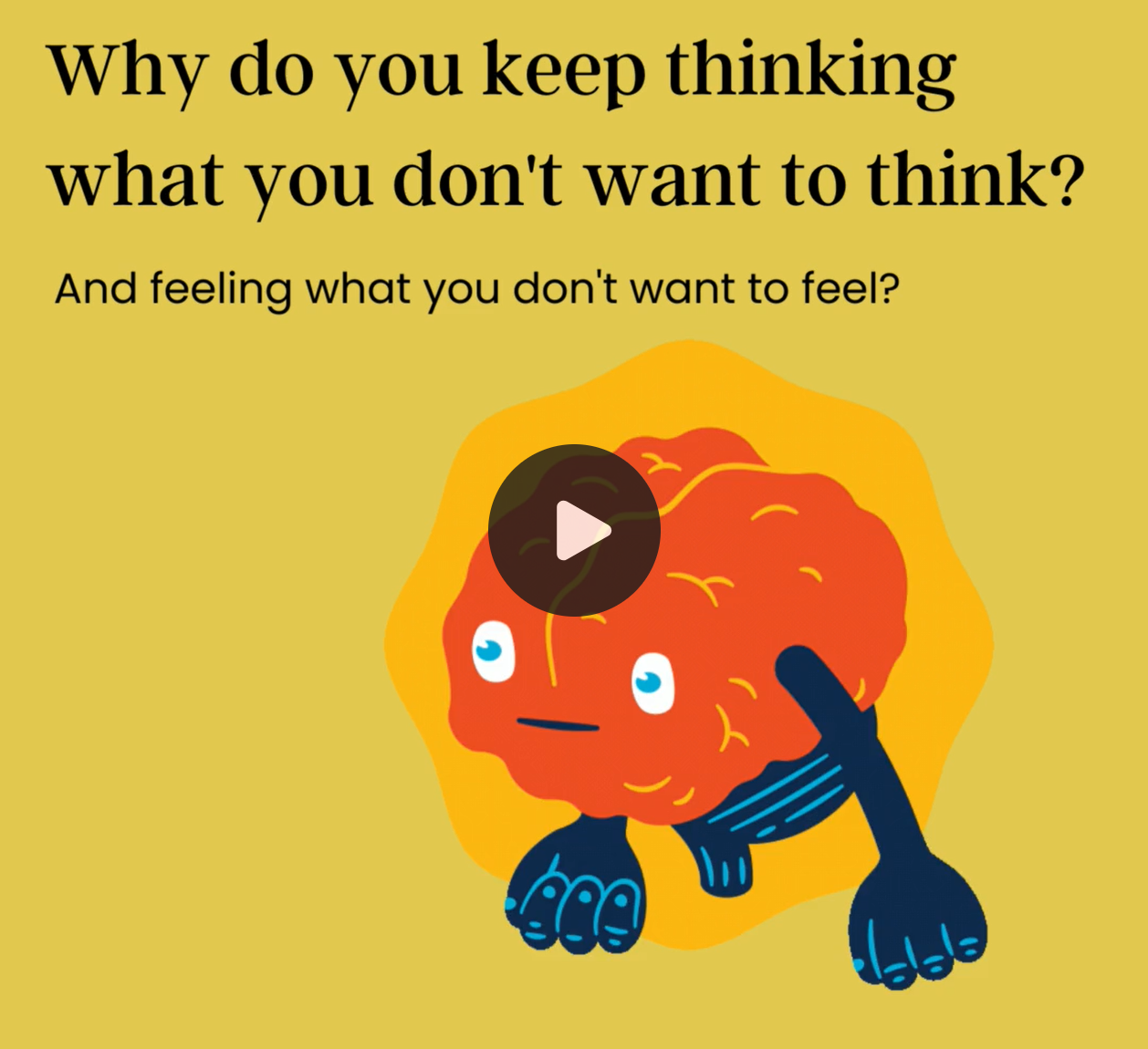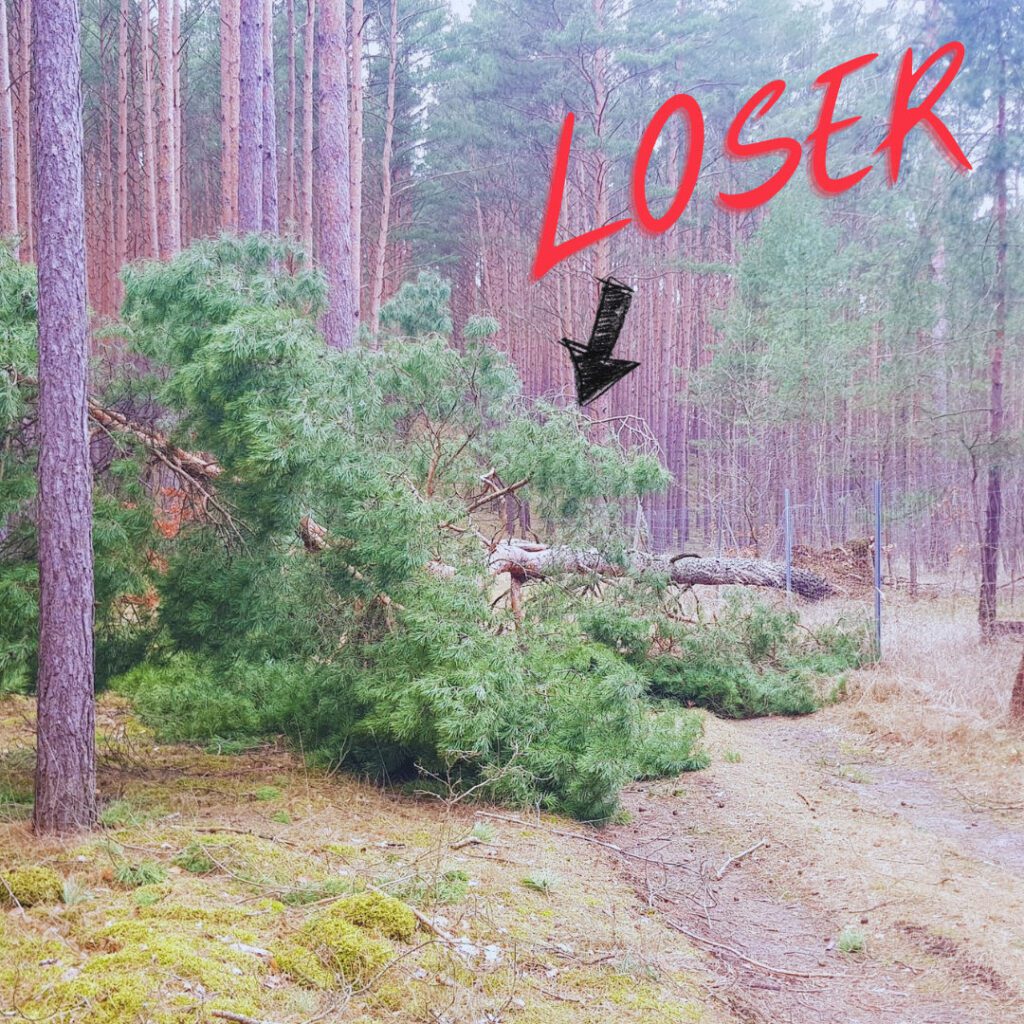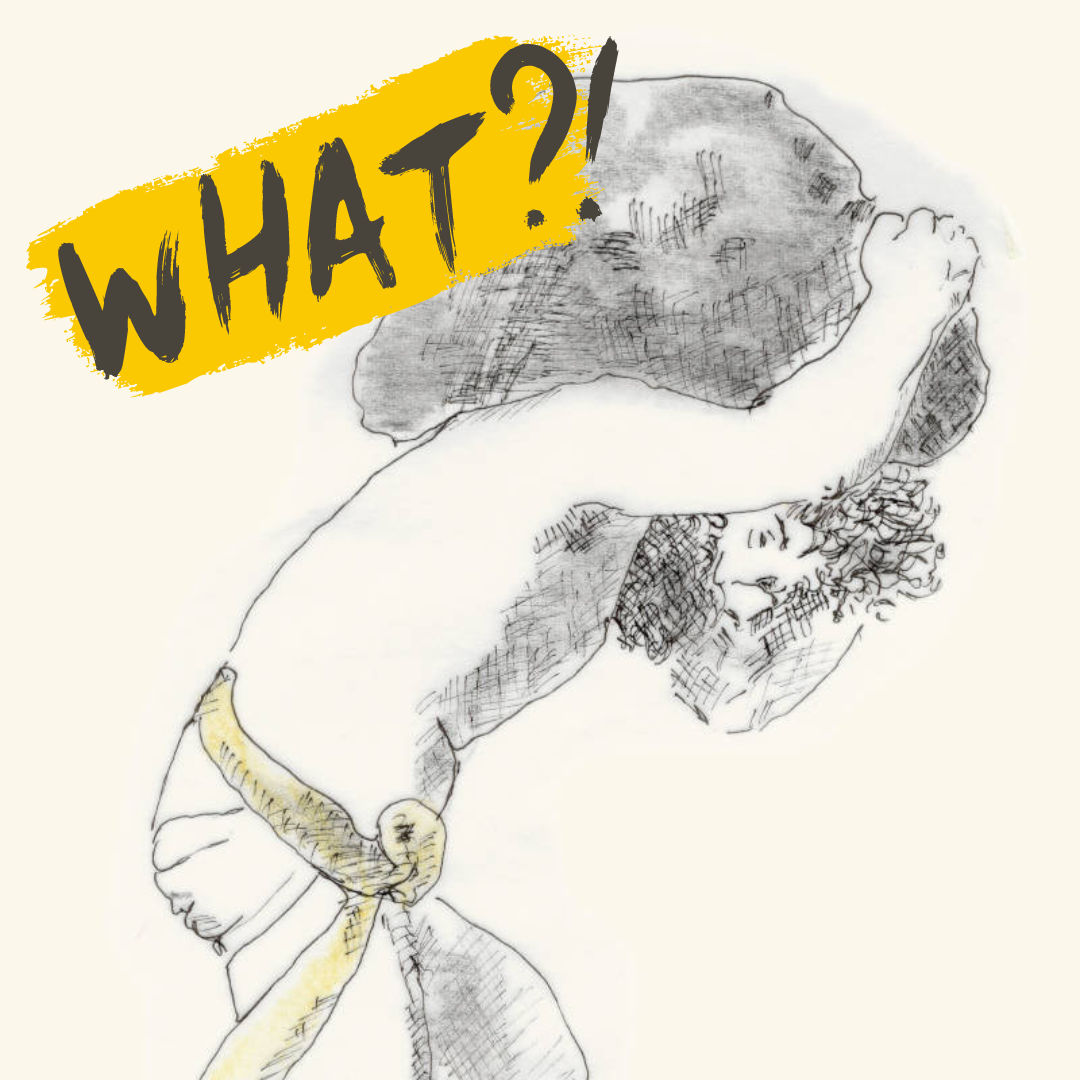
Fear isn’t Weakness, it’s Unnecessary Strength
29 June 2022
Why do you keep thinking what you are thinking?
9 July 2022
It’s an ugly idea. To call a tree blown over by the wind a ‘loser’ feels mean and wrong. Although I don’t suppose the tree is too concerned about it.
If it’s uncomfortable to call a tree a loser, how could it be OK to describe a person (often yourself) in those terms?
What’s the difference?
It is his/her/my fault that
he/she/I didn’t get it right,
➙
So, it’s OK to insult her/him/me.
It’s for their own good as it will force them to ‘take responsibility’ i.e. blame themselves so that they feel awful. And, as we know, making people/ourselves feel/s awful is the fastest route to making them feel better.
This way of thinking is clearly nonsense, but it’s as persistent as Japanese knot weed.
?… If I can just make myself feel terrible enough, I will get better, and then I will reap the rewards of my suffering … ?
With this in place, all action is seen through the lens of credit, shame, pride and blame.
Good things happen to good people, and bad things happen to ___ Oh dear.
Humans are very easy to convince that suffering will be rewarded.
This way of seeing things is usually one of the biggest obstacles to personal freedom. Clients will say to me, ‘but I have made mistakes and I need to know what is wrong with me before I can move on.’
Looking for what’s wrong with you, analysing why things happened as they did, is an instruction to suffer in the hope of redemption.
On a personal level, it’s a left over from childhood. If little Billy does a bad thing, we’re going to make him feel awful and threaten him with exclusion from the group, so that he does better.
On a cultural level, it is a convenient interpretation of what God wants, i.e, if you suffer, if you are good and compliant, you will go to heaven. Sounds more like a human imperative than a godly one, but maybe that’s me.
Jon Connelly, PHD, MSW, LCSW founder of The Institute for Rapid Resolution Therapy, Inc., says it’s installed in us ‘before you even know how to scratch your own nose.’
In Rapid Resolution Therapy, we call this way of seeing things ‘moralistic thinking’. It keeps people stuck, so we clear it. This washes away the pain and limitation that comes with this way of thinking.
We replace this view with the idea that, if something happened, it was caused, and if it was caused, it had to happen. See here https://lnkd.in/erMy2Tet
The tree fell down because of the wind, the soil it grew in, it’s condition. People’s setbacks are caused by bad luck, broken relationships, trauma, illness etc. If it happened, it was caused.
Here’s the good news: once you get clear of this way of thinking, your world will transform in ways you cannot imagine. And, you’ll have a lot more energy and get more done – if that’s your thing.
It resolved years of pain and regret for me. What a relief. I’d been trying to fix myself for decades.
#failure #failureispartofsuccess #losers



